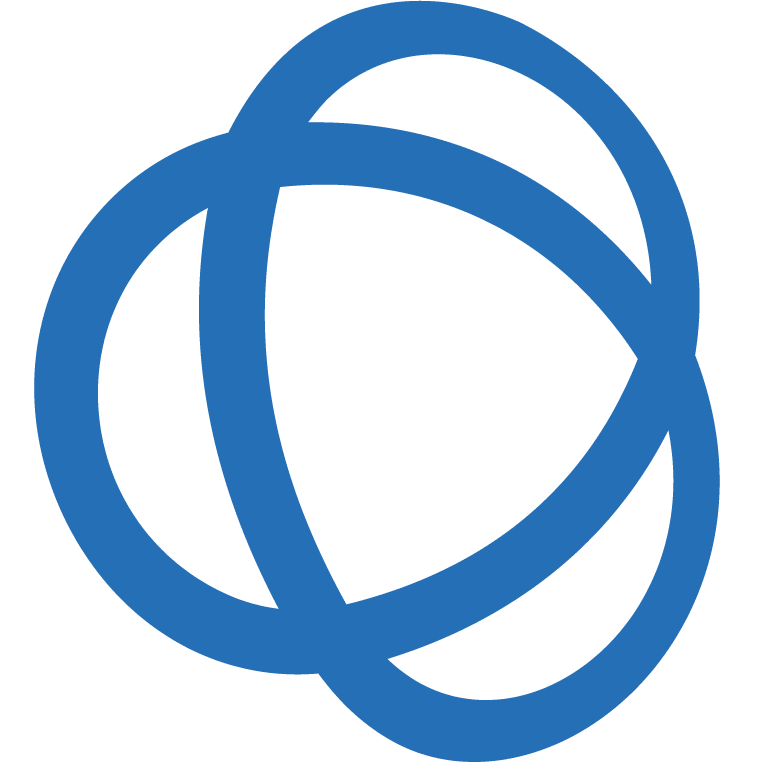
In an era marked by rapid technological advancements and unpredictable disruptions, the ability to maintain business operations under adverse conditions has become a critical success factor. This article delves into the concept of business continuity, the role of business continuity software, and how it contributes to building a resilient business. We'll explore the importance of business continuity in today's volatile business environment and how software solutions, particularly those offered by CLDigital, can help businesses navigate through disruptions and ensure operational resilience.
Understanding Business Continuity
Definition of Business Continuity
Business continuity refers to the processes, procedures, decisions, and activities undertaken to ensure that an organization can continue to function through an operational interruption or a major disaster. It involves planning and preparation to ensure that an organization can continue to operate in case of serious incidents or disasters and can recover to an operational state within a reasonably short period.
Importance of Business Continuity in Today's Business Landscape
In today's interconnected and digital business landscape, disruptions can arise from various sources, including cyberattacks, natural disasters, supply chain issues, or even global pandemics. These disruptions can have significant impacts on a business's operations, reputation, and bottom line.
- Minimizing Downtime: Business continuity planning helps minimize downtime during disruptions, ensuring that critical operations continue, and services are delivered without significant interruption.
- Preserving Reputation: A robust business continuity plan can help preserve a company's reputation by demonstrating to stakeholders that the company is prepared for any eventuality.
- Regulatory Compliance: In many industries, regulatory bodies require companies to have business continuity plans in place, making it not just a strategic move but a compliance issue.
- Financial Protection: By minimizing downtime and maintaining operations, business continuity planning can help prevent financial losses associated with disruptions.
- Competitive Advantage: Companies with effective business continuity plans can gain a competitive advantage, especially during times of widespread disruption.
In essence, business continuity is not just about surviving a disruption but thriving in the face of adversity. It's about building a resilient business that can adapt and respond to change, ensuring long-term success and sustainability.
The Challenges of Business Continuity
Common Obstacles in Implementing Business Continuity
While the importance of business continuity is widely recognized, implementing a robust business continuity plan can present several challenges:
- Lack of Awareness: Some organizations may not fully understand the importance of business continuity, viewing it as an unnecessary expense rather than a strategic investment.
- Resource Constraints: Developing and maintaining a business continuity plan can require significant resources, including time, expertise, and financial investment, which some businesses may find challenging.
- Complexity: Business continuity planning can be complex, particularly for larger organizations with multiple business units or locations. Coordinating and integrating plans across the organization can be a daunting task.
- Changing Risks: The risk landscape is constantly evolving, with new threats emerging regularly. Keeping business continuity plans up-to-date can be a significant challenge.
- Testing and Maintenance: Regular testing and maintenance of business continuity plans are crucial to ensure they remain effective. However, this can be time-consuming and often overlooked.
The Impact of Disruptions on Businesses
Disruptions can have a profound impact on businesses, affecting various aspects of operations:
- Operational Impact: Disruptions can halt business operations, leading to loss of productivity and revenue.
- Financial Impact: The financial cost of disruptions can be significant, including loss of revenue, increased expenses, and potential penalties for non-compliance or failure to meet contractual obligations.
- Reputational Impact: Disruptions can damage a company's reputation, leading to loss of customer trust and potential loss of business.
- Regulatory Impact: In certain industries, failure to adequately respond to disruptions can result in regulatory penalties.

The Role of Business Continuity Software
How Software Solutions Aid in Business Continuity
Business continuity software plays a crucial role in helping organizations overcome the challenges associated with business continuity planning:
- Automation: Business continuity software automates many aspects of the planning process, reducing the time and resources required.
- Centralization: It provides a centralized platform for managing all business continuity plans, making it easier to coordinate and integrate plans across the organization.
- Real-Time Updates: The software can provide real-time updates on potential risks and disruptions, helping businesses respond quickly and effectively.
- Testing and Maintenance: Business continuity software can facilitate regular testing and maintenance of plans, ensuring they remain up-to-date and effective.
Key Features to Look for in Business Continuity Software
When choosing business continuity software, there are several key features to look for:
- Ease of Use: The software should be user-friendly, with intuitive interfaces and easy-to-use tools.
- Customizability: It should be customizable to suit the specific needs and circumstances of your business.
- Integration: The software should integrate seamlessly with other systems and software used in your business.
- Scalability: The software should be scalable to accommodate growth and changes in your business.
- Support: Look for software that comes with comprehensive support, including training, customer service, and technical support.
By understanding these features and how they can aid in business continuity, organizations can make an informed decision when choosing a business continuity software solution.
CLDigital's Business Continuity Solutions: A Closer Look
Overview of CLDigital's Business Continuity Software: CL360
CLDigital's flagship product, CL360, is a comprehensive business continuity software solution designed to help organizations effectively manage disruptions and maintain operational resilience. Built on a no-code platform, CL360 allows for customization to suit the unique needs of each organization, integrating various aspects of business continuity planning, including risk assessment, incident management, disaster recovery, and crisis communication.
Key features of CL360 include:
- No-Code Development Platform: Allows for the creation of custom applications without the need for coding knowledge, enabling businesses to tailor the software to their specific needs.
- Analytics: Provides insightful data analytics to help businesses understand their risk landscape and make informed decisions.
- Data Integrations: Facilitates seamless integration with existing systems and data sources, ensuring a unified approach to business continuity.
- Configurable Document Design: Enables the creation of custom documents and reports, allowing businesses to generate the information they need in the format they prefer.
- Mobility: Provides access to the platform from any device, ensuring continuity of operations even when on the go.
- Security: Ensures data is protected with robust security measures, giving businesses peace of mind that their sensitive information is safe.
How CL360 Supports Business Continuity
CL360 supports business continuity in several ways:
- Automated Processes: The software automates various business continuity processes, reducing the time and resources required for planning and implementation.
- Real-Time Updates: It provides real-time updates on potential risks and disruptions, enabling businesses to respond quickly and effectively.
- Centralized Management: CL360 provides a centralized platform for managing all aspects of business continuity, facilitating coordination and integration across the organization.
- Scalability: The platform is scalable, accommodating growth and changes in the business.
By leveraging the power of CL360, businesses can navigate through disruptions, ensure operational resilience, and build a more resilient business.

The Benefits of Implementing Business Continuity Software
Improved Operational Resilience
Business continuity software helps improve operational resilience by ensuring that critical business functions can continue during a disruption. It does this by automating processes, providing real-time updates on potential risks, and facilitating quick and effective response to disruptions.
Enhanced Risk Management
By providing a comprehensive overview of potential risks and disruptions, business continuity software enhances risk management. It allows businesses to identify potential risks, assess their impact, and develop strategies to mitigate them.
Streamlined Business Processes
Business continuity software streamlines business processes by automating various aspects of business continuity planning and implementation. This not only saves time and resources but also reduces the likelihood of errors and oversights.
Building Resilience with Business Continuity Software: Final Thoughts
In today's volatile business environment, the ability to maintain operations during disruptions is crucial. Business continuity is not just about surviving disruptions but thriving amidst them. It's about building a resilient business that can adapt and respond to change, ensuring long-term success and sustainability.
Business continuity planning can present several challenges, from resource constraints to the complexity of coordinating plans across an organization. However, business continuity software, like CLDigital's CL360, can help overcome these challenges. It automates processes, provides real-time updates on potential risks, and facilitates centralized management of all aspects of business continuity.
Implementing business continuity software can provide numerous benefits, including improved operational resilience, enhanced risk management, and streamlined business processes. It's a strategic investment that can help businesses navigate through disruptions and ensure long-term success and sustainability.
As we navigate the digital age, the role of business continuity software in building resilient businesses cannot be overstated. If your organization is yet to implement a business continuity software solution, now is the time to consider it. Request a demo today and explore the features and benefits of solutions of CL360 and take a step towards building a more resilient business.

